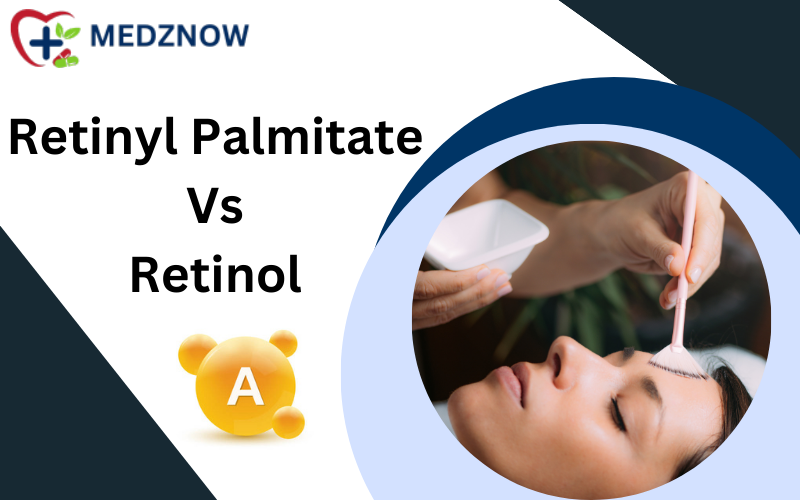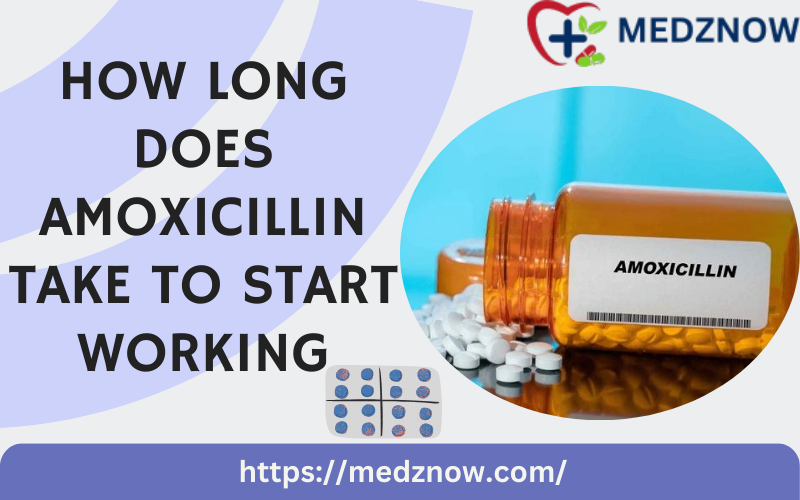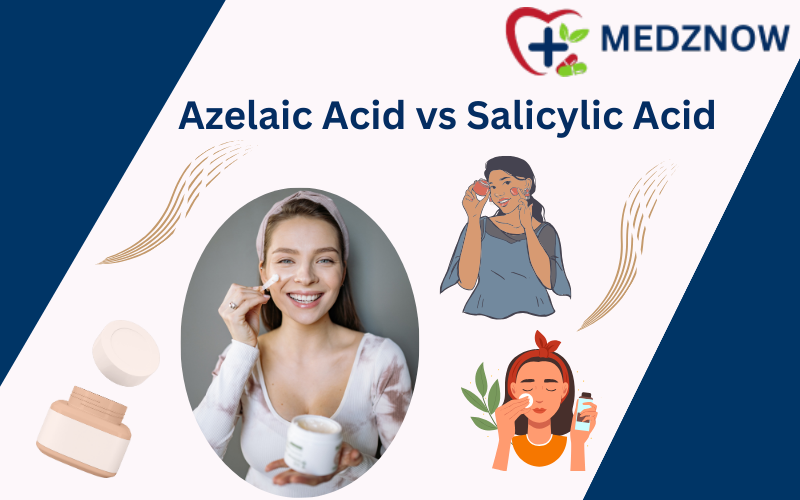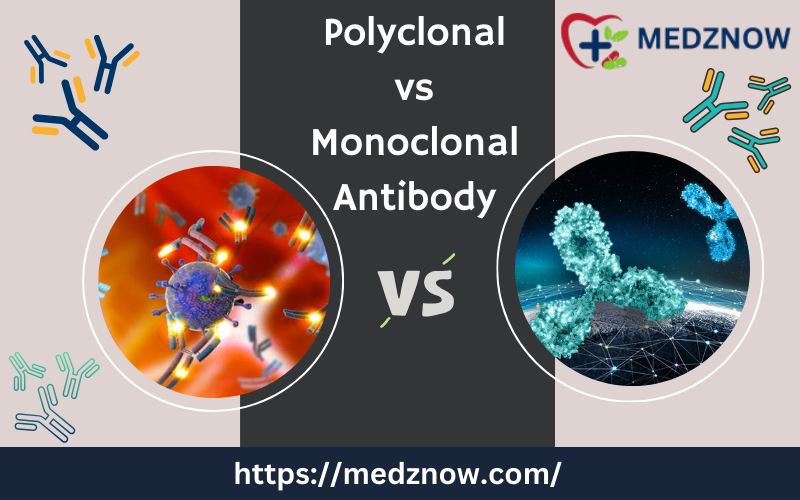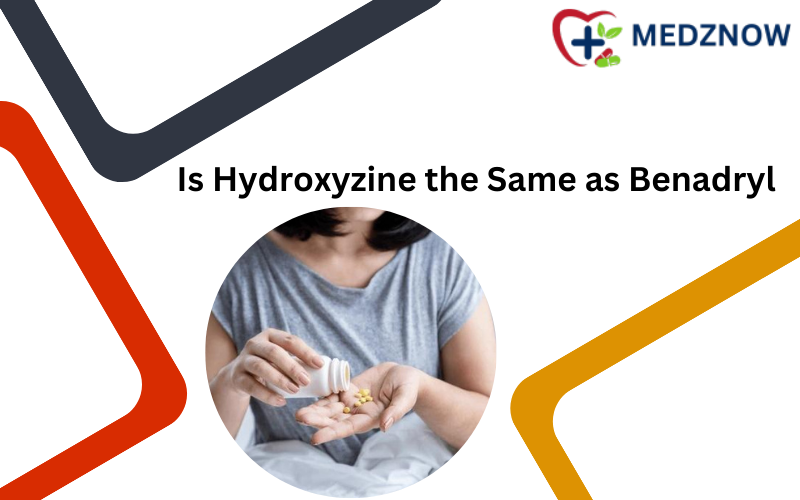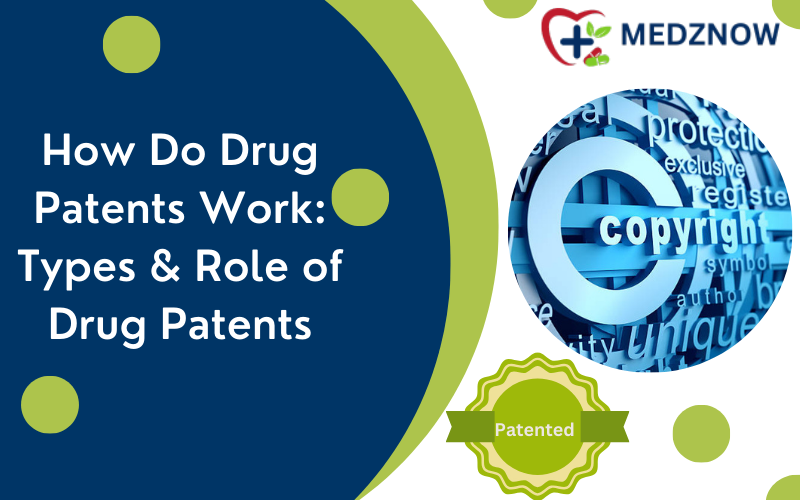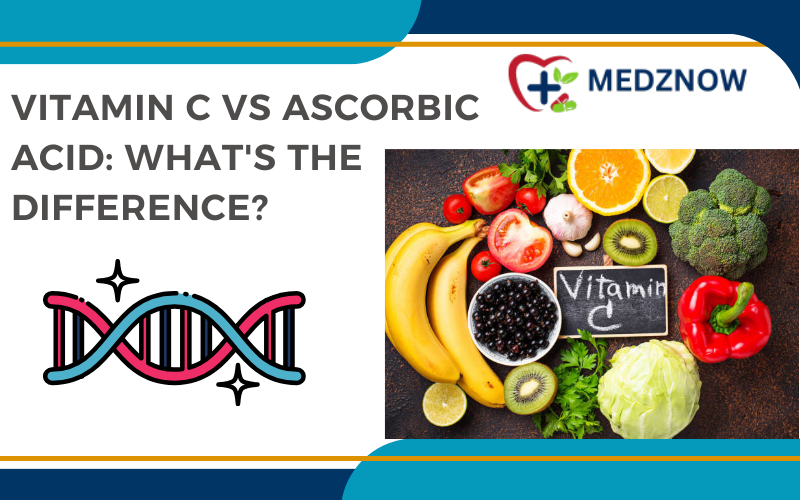Retinyl palmitate and Retinol are commonly used ingredients in skin care products. Their benefits against aging are well-known. They are affected by the same retinoid acid derived from vitamin A.
Retinyl palmitate and Retinol have similar benefits for the skin, including the ability to improve the occurrence of fine lines, wrinkles, and uneven skin tone, and increase collagen production. They help to increase the cell development rate.
However, It is important to understand the difference between Retinyl palmitate vs Retinol to help make the right decision about their uses. So stay with this blog till last and know the comparison and their benefits and side effects.
What is Retinyl Palmitate?
Retinyl palmitate is an artificial organic compound of retinol and is also known as vitamin A palmitate. This form of vitamin A is available in skin care products. It is non-reactive and less irritating than other retinoids.
In order to use Retinyl palmitate, it is first converted into retinaldehyde. After the conversion, the metabolism of retinaldehyde to retinoic acid takes place through keratinocytes, which occurs at a pertinent stage of differentiation. This leads to a more controlled delivery of retinoic acid.
Retinyl palmitate can be a good choice for those who have sensitive skin. It promotes collagen production and improves overall skin problems.
The retinyl palmitate compound is also useful for treating acne. It comes in different forms, such as serum, gel, creams, etc. It is also available in supplements which help to increase vitamin A deficiency.
What is Retinol?
Retinol is another form of vitamin A that is also used in skincare products. It is known for its ability to enhance cell turnover, activate collagen production, and reduce hyperpigmentation. It is an important ingredient used in anti-aging skin management.
Retinol is available in several forms including lotions, ointments, serum, gels, etc. It is also a type of retinoid acid.
Retinol can also be used to treat dark spots, scars, stretch marks, pimples, blackheads melasma, etc. It is also good for treating abnormal skin peeling and blocked pores. It has anti-aging and skin-clearing effects. Retinol is superior and can be useful for all skin conditions.
Comparison Between Retinyl Palmitate and Retinol
Vitamins are useful for glowing faces and skin so, many cosmetic products use these vitamins while making their products either its is vitamin E, vitamin C & ascorbic acid, or Vitamin A. Both Retinyl palmitate and Retinol are used in cosmetic products.
Retinol is more rich in vitamin A which has direct effects on the skin, while Retinyl palmitate is a lighter form of vitamin A.
Retinyl palmitate and Retinol have been highly studied for their effectiveness in improving skin health and signs of aging.
Both work by increasing the number of new skin cells. Retinyl palmitate is less powerful than Retinol but provides various benefits to your skin. And they both get converted into retinoic acid in the body.
Retinol is better and more effective for skin care, in comparison to Retinyl palmitate. However, Retinyl palmitate is the best and safest option for individuals who have sensitive skin.
Benefits of Retinyl Palmitate and Retinol
Retinyl palmitate and Retinol are used to treat various skin problems and both have many skin benefits such as:
- Reduction of acne breakouts
- Protect skin from sun damage
- Reduce hyperpigmentation
- Remove dark spots on your skin
- Improve uneven skin tone
- Prevention of clogged pores
- Improve fine lines and wrinkles
- Improvement of skin elasticity
- Increase collagen production
- Help to improve skin texture
- Protect you from environmental damage
- Reduce melasma
- Help to develop new skin cell
- Remove stretch marks
- Support aging
Side Effects of Retinyl Palmitate
Here are some side effects of Retinyl palmitate:
- Skin irritation
- Photosensitivity
- Dryness and peeling
- Increased wrinkle
- Darker skin
Side Effects of Retinol
When you can’t use Retinol according to your skin type or if using it in the wrong way, it causes some side effects like:
- Dry skin
- Skin irritation
- Skin redness
- Flaky skin
- Sunburn
- Skin discoloration
- Swelling on face
- Peeling skin
- Develop acne
Conclusion
The use of Retinyl palmitate and Retinol will depend on the individual’s skin condition and their needs. Before using any skin care product, ask your dermatologist or skin care experts, they will help you to choose which one is best for your skin.
If someone uses these by following the wrong methods, they may experience some skin allergies like rash, irritation, and redness on the face. Therefore, such ingredients in cosmetic products should be used according to your skin type.
In case you notice any side effects after using Retinyl palmitate or Retinol, you should get treatment as soon as possible.
